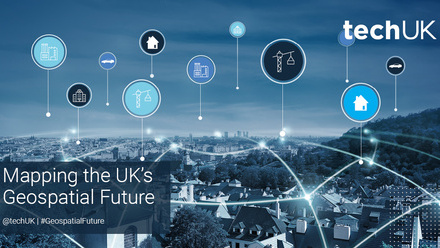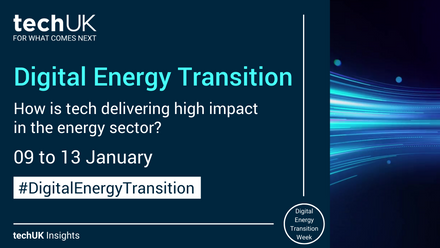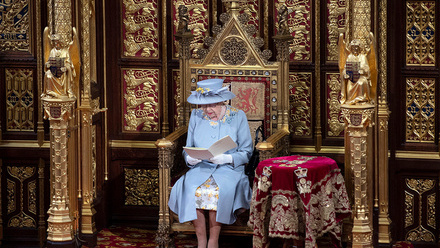Committee for Climate Change - yearly report assessing the Government’s movement towards its net zero targets
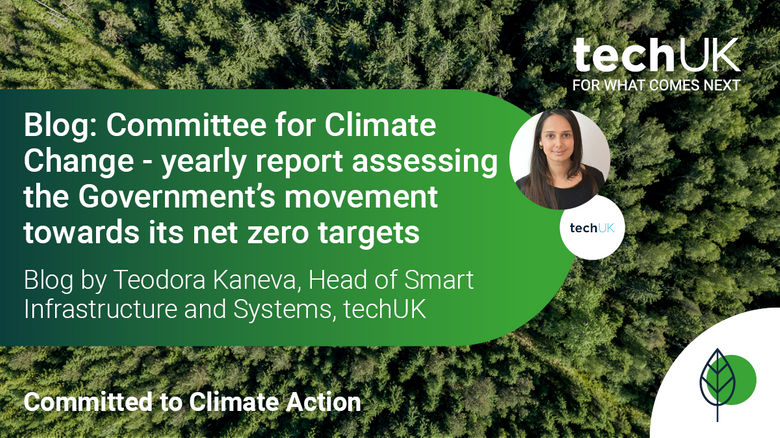
The Climate Change Committee have released their yearly report assessing the Government’s movement towards its net zero targets.
This has found that policy development continues to be too slow with their assessment of the Carbon Budget Delivery Plan has raising new concerns. Despite new detail from Government, confidence in the UK meeting its medium-term targets has decreased in the past year. The increased transparency embodied in the CBDP is welcome, but a key opportunity to raise the overall pace of delivery has been missed.
The CCC identified that the UK risks being left behind as other countries introduce bold climate and energy policy responses to the energy crisis.
The slow progress to date on delivery towards Net Zero means that it is no longer tenable for the Government to develop strategies that do not contain committed policies.
The lack of a strategic direction on the roles of electrification and hydrogen in providing low carbon heat is creating systemic uncertainty.
An overarching strategy for public engagement and communications is lacking.
They have found that there is an urgent need for action on:
- Land Use- Land use and agriculture in England remains one of the few sectors where the Government has not set out a coherent, strategic approach to coordinated policy to meet the multiple needs for land. This is vital if current barriers to climate action are to be overcome and for action to be aligned across the UK and devolved administrations.
- Buildings- The Government has committed to take strategic decisions by 2026 on the roles of electrification and hydrogen in providing low-carbon heat. However, the lack of a strategic direction is creating systemic uncertainty. This is actively hindering the growth of supply chains for low-carbon heat and limiting progress on power and hydrogen infrastructure.
The Government should push forward on areas where there are no-regret and low regret options and seek to develop and move forward with a strategic approach: In our assessment, this is likely to entail pushing ahead with electrification wherever this is feasible, with – at most – a small, focused, role for hydrogen use in buildings.
- Electricity decarbonisation: the Government has not yet published an overarching standalone plan or strategy for delivering a decarbonised and reliable electricity system by 2035 that is resilient not only to average weather, but to plausible future extreme weather and demand scenarios. Doing so would facilitate a more coordinated and strategic approach to delivery and improve visibility and confidence for investors.
- Cross-cutting enablers- A strategic approach to fiscal and policy levers that ensures low-carbon options are affordable and costs are distributed fairly, including by rebalancing policy costs on electricity and gas, is needed.
- Waste- Greater strategic coordination of plans to decarbonise the waste sector is needed including: much greater emphasis on waste prevention, clarity on future residual waste capacity needs, and the suitability of incentives and interactions with other sectors such as waste as a feedstock for Sustainable Aviation Fuels.
- Industry- The Government's commitment to steep reductions in industrial emissions (69% by 2035, relative to 2022) requires urgent and radical change in the UK's manufacturing sector and there is little evidence that this is underway.
- Biomass- The Government’s Biomass Strategy was due for publication by the end of 2022, but has still not been published at the timing of writing. This should be published as soon as possible. There has been some progress against the recommendations we made last year, but overall the progress has been insufficient. Broadly speaking, in most areas policy development has proceeded too slowly, and has not led to the necessary action on the ground
Key messages:
- A lack of urgency. While the policy framework has continued to develop over the past year, this is not happening at the required pace for future targets.
- Stay firm on existing commitments and move to delivery. The Government has made a number of strong commitments, these must be restated and moved as swiftly as possible towards delivery.
- Retake a clear leadership role internationally. The UK will need to regain its international climate leadership.
- Immediate priority actions and policies. Action is needed in a range of areas to deliver on the Government’s emissions pathway.
- Develop demand-side and land use policies. The Government’s current strategy has considerable delivery risks due to its over-reliance on specific technological solutions, some of which have not yet been deployed at scale.
- Empower and inform households and communities to make low-carbon choices. Despite some positive steps to provide households with advice on reducing energy use in the last year, a coherent public engagement strategy on climate action is long overdue.
- Planning policy needs radical reform to support Net Zero. The planning system must have an overarching requirement that all planning decisions must be taken giving full regard to the imperative of Net Zero.
- Expansion of fossil fuel production is not in line with Net Zero. As well as pushing forward strongly with new low-carbon industries, Net Zero also makes it necessary to move away from high-carbon developments.
- The need for a framework to manage airport capacity. There has been continued airport expansion in recent years, counter to our assessment that there should be no net airport expansion across the UK.
techUK - Committed to Climate Action
Visit our Climate Action Hub to learn more or to register for regular updates.
By 2030, digital technology can cut global emissions by 15%. Cloud computing, 5G, AI and IoT have the potential to support dramatic reductions in carbon emissions in sectors such as transport, agriculture, and manufacturing. techUK is working to foster the right policy framework and leadership so we can all play our part. For more information on how techUK can support you, please visit our Climate Action Hub and click ‘contact us’.
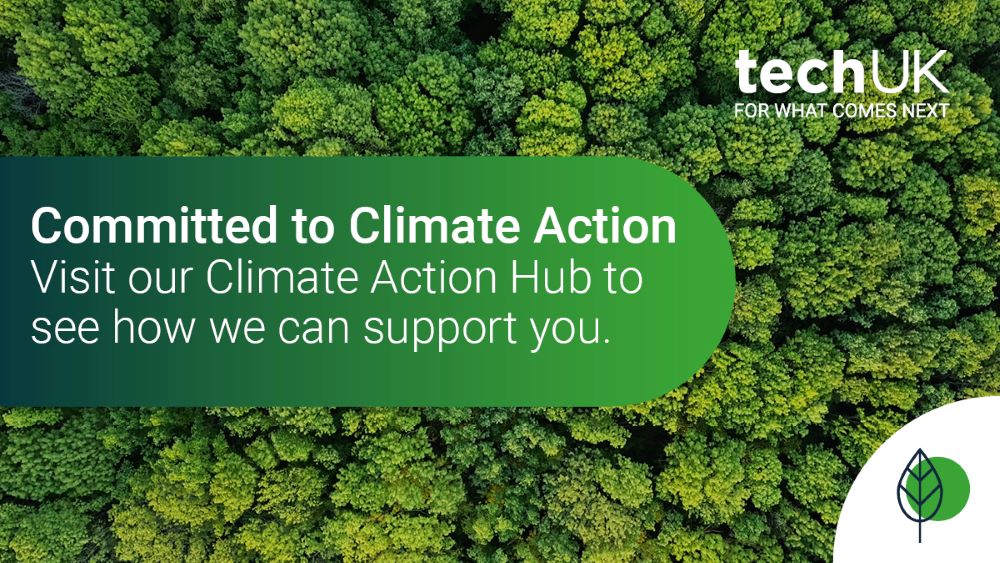
For more information please contact:







